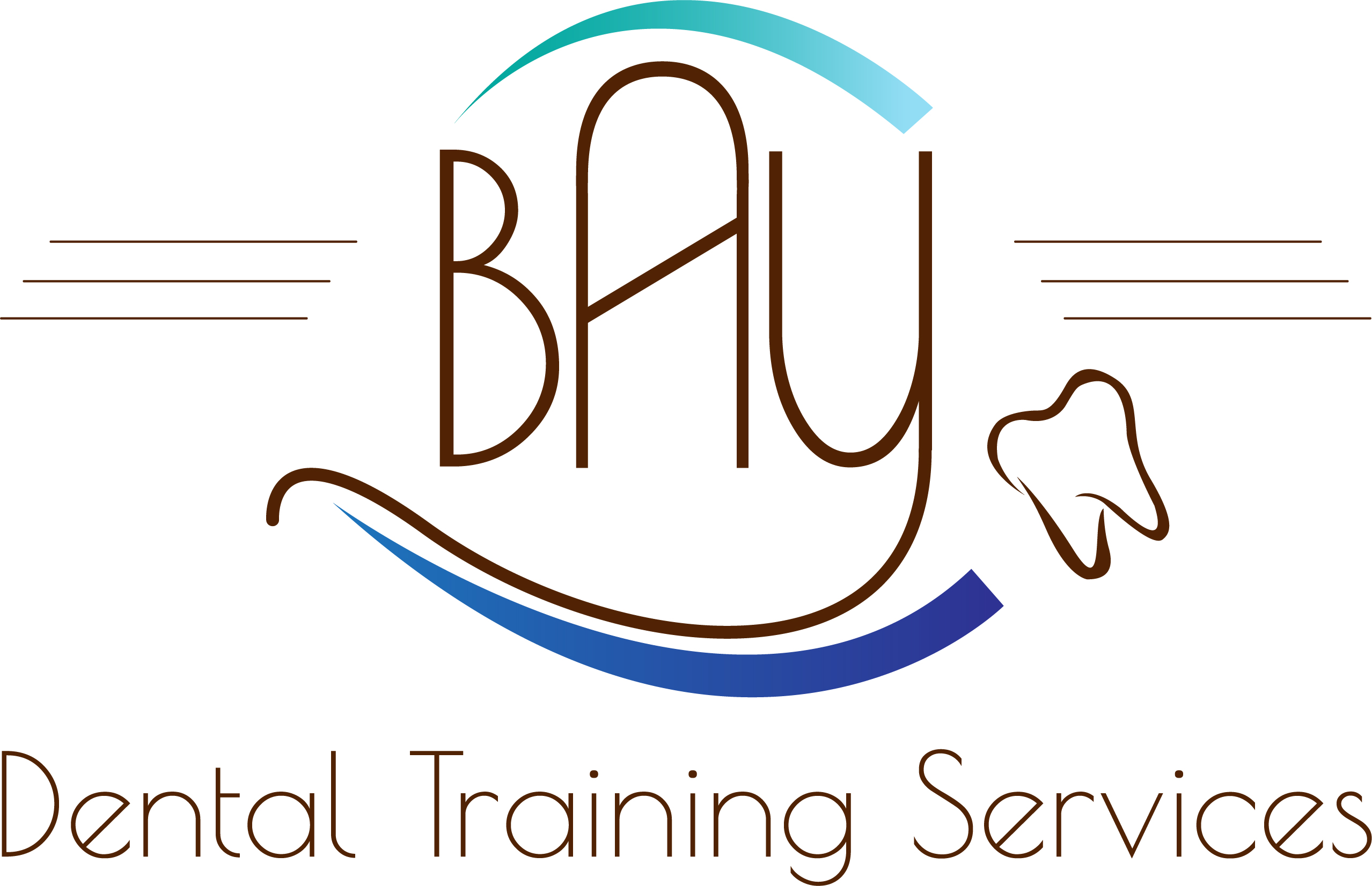| Course title: Certificate in Paediatric Dental Nursing | |
| This course is aimed at dental nurses who work with paediatric patients and who wish to improve their knowledge and understanding of this patient group. | |
| Awarded by: DELTA Awards | |
| Structure: The course is delivered by way of seven modules. All modules are mandatory and must be passed. Resources include written course material and scheduled one to one tutorials with the course tutor if required. | |
| Grading: Pass or fail | |
| Pre-Requisites: Candidates must hold GDC registration and a recognised Dental Nurse qualification | |
|
|
Assessment:
This course is assessed by:
Candidates must achieve a pass in all assessments to gain the certificate. |
| :
|
Resit arrangements:
Candidates can receive a small course extension to amend or change any information in the case studies or essay submissions. A fee may be applicable. Candidates get two included attempts at the final examination. Further attempts will incur a charge. |
|
|
Practical component: Undertaking plaque scoring. This course requires the involvement of a workplace supervisor / expert witness who will take overall responsibility for the practical evidence completed within the workplace. This person will receive their own account login and be required to sign off the evidence submitted. Please ensure you have this person in place prior to course application. Failure to do so will compromise course progress. |
| Guided Learning Hours: This programme is 300 Guided Learning Hours (GLH) | |
| Course length: 9 – 12 months | |
| Credits: This course attracts 30 credits | |
Course Content
| Module 1 Content | Module 1 Assessment |
|---|---|
Managing the Child Patient
|
In-module assignments
Two case studies which contribute to the final grade |
| Module 2 Content | Module 2 Assessment |
Growth and Development
|
In module questions and answers
One case study which contributes to the final grade |
| Module 3 Content | Module 3 Assessment |
Behaviour Management, including Anxiety and Pain Management Options
|
In module patient survey Two case studies which contribute to the final grade |
| Module 4 Content | Module 4 Assessment |
Prevention of Dental Disease
|
End of module essays
Case study which contributes to the final grade |
| Module 5 Content | Module 5 Assessment |
Plaque Scoring
|
Submission of a workplace record of experience detailing 5 patients who have undergone plaque scoring
Extended case study which contributes to the final grade |
| Module 6 Content | Module 6 Assessment |
Dental Procedures (Restorative)
|
End of module assignments
Two case studies which contribute to the final grade |
| Module 7 Content | Module 7 Assessment |
Dental Procedures – Urgent Care and Trauma, Extractions and Orthodontics
|
End of module assignments
Two case studies which contribute to the final grade |
Assessment
Case Studies
The candidate is required to complete 11 case studies which involve their role in the treatment of children in various dental situations. The case studies are assessed collectively and contribute to 40% of the final grade. All case studies must include:
- Details of the treatment undertaken
- The role of the dental nurse during the treatment
- A critical evaluation of the appointment(s) including identification of strengths, areas of good practice and areas of improvement
- Where possible, supporting literature should be included to justify treatment management decisions
Extended Essay
An extended essay on the management of pain and anxiety contributes to 20% of the overall grade. This essay title is provided in the final module of the course and the candidate has until the exam to complete and submit.
Written Exam
Candidates will be required to sit a final written exam of 90 minutes duration. The examination is provided electronically and candidates are able to undertake this in their own environment under strict, remote invigilation. The examination comprises a selection of three essay questions randomly chosen from six previously seen questions. Students have 8 weeks to prepare for the exam and are permitted to take references into the exam to include in their answers. This contributes to 40% of the final grade.
